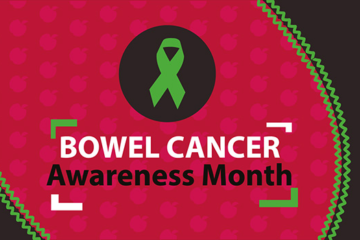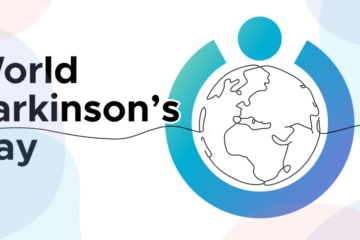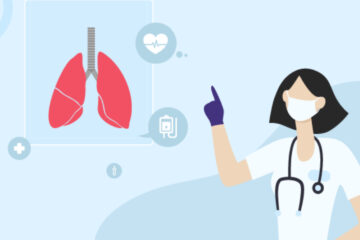THE NEED TO EMPHASIZE WOMEN’S HEALTH
Patient-centered healthcare is one of the main attributes followed by healthcare professionals around the world. Certain services are unique and necessary for specific demographic trends such as age or gender.
Women’s health, in particular, is multifaceted with various dimensions of physical, mental, and social well-being. Numerous challenges are posed as concerns that are essential to tackle for a healthier society. Understanding these nuances to provide required help and educating about the same drastically boosts society in terms of health.
THE DIFFERENCE IN APPROACH TO WOMEN’S HEALTH
Many health hazards may manifest or link to other complications in women. Learning about these instances is crucial. A handful of issues seen in women’s health are discussed below:
- Reproductive health is of vital importance in women. Biological processes such as the menstrual cycle, pregnancy, and menopause, influence the other working systems of the body. Regular follow-ups are necessary to detect or address any issues concerning the body such as sexually transmitted infections (STIs), breast cancer, cervical cancer, or reproductive system abnormalities. Education about preventive measures should be given for better outcomes.
Maternal healthcare may also bring up problems to address such as iron-deficiency anemia, pre-eclampsia, or gestational diabetes. These worries should be rectified as soon as possible to prevent complications that may impede one’s health.
- Cardiovascular diseases are the leading causes of death in women. One reason why women have a higher mortality rate could be because they do not label their symptoms (such as chest pain, breathlessness, nausea, or vomiting) as anything severe and move on with their daily activities. Another contributing factor may be a point that women have a lower pain threshold, but a higher tolerance. Additionally, menopause may contribute as a risk factor causative (such as high blood pressure), leading to cardiovascular abnormalities.
- The prevalence of stroke is twice as common in women than in men. Although symptoms seem to be similar in both, some signs may be subtle enough to be missed upon evaluation. The higher risk is mainly contributed by pregnancy, pre-eclampsia, birth control pills, any alterations with hormones, and more. It is to be noted that strokes may cause severe, long-term disability and hence, demand immediate attention.
- Statistical evidence provides information that women are disproportionately affected by various mental health issues.
Women are twice as likely to be diagnosed with anxiety or depression than men. One in five women compared to one in eight men suffer from a mental disorder. Women have a higher lifetime prevalence of anorexia and bulimia than men. Various external factors such as hormonal imbalances may also play a part in increased mental health conditions in women.
These conditions demand educating women with concepts of self-care and their ability to ask help to seek support when needed.
NURTURING WELLNESS, WITH ONE CHOICE AT A TIME
With various advancements in medicine, there is a better pathway being made toward better healthcare provision for women. However, the aim of bettering women’s health does not just come with improvising ailments, but also empowering others with information about the same. To inform women that they have the necessary tools and resources to prevent diseases and lead fulfilling lives reminds them that they can also take care of their greatest asset: their health!
References:
https://www.health.harvard.edu/topics/womens-health
https://www.nm.org/healthbeat/healthy-tips/9-health-issues-every-woman-should-understand



0 Comments